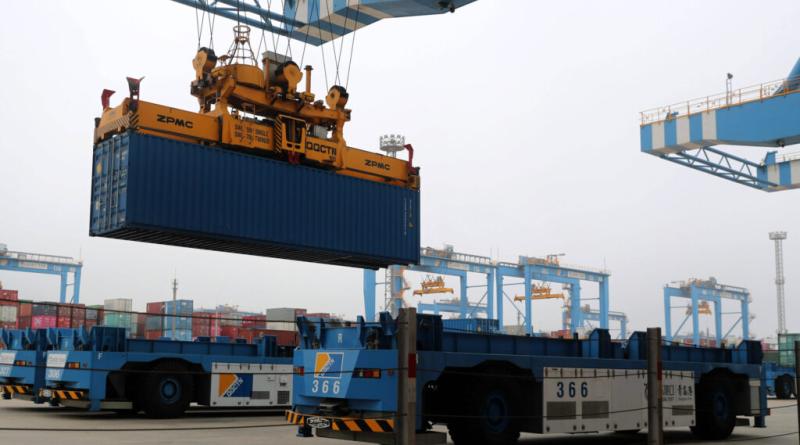China to overtake the EU as Africa’s biggest trade partner by 2030

China is aiming to overtake the EU as Africa’s biggest trade partner by 2030, a new report by the Economic Intelligence Unit (EIU) says. The report published on 3 August, says that China plans to continue to invest in Africa’s natural resources, and may increase expenditure on agriculture.
Asia sees Africa’s youthful population as a source of labour for its manufacturing companies and a market for its consumer goods. Although trade should be reciprocal, the continent’s trade deficit is large as it continues to import significantly more than it exports.
A battle of reputations: The West vs China
In recent years, the West’s already fragile reputation in Africa has worsened. The only western institution still properly active seems to be the IMF, while China on the other hand has, broadly speaking, kept up its commercial operations.
Question marks are also being raised in Africa over the motives behind the re-engagement of the EU and the US … [raising] memories of past commitments and are viewed merely as a desire to counter Chinese influence rather than work with African business partners.
Western engagement in Africa is not changing very much as times are changing, with the exception of more dynamic markets such as New York City that are funding startups on the continent, although the EU and US want to ensure that China does not continue to become more powerful there.
Africans are not fooled.
The EIU said: “Question marks are also being raised in Africa over the motives behind the re-engagement of the EU and the US … [raising] memories of past commitments and are viewed merely as a desire to counter Chinese influence rather than work with African business partners.”
China’s big shift is that its economic and commercial operations are becoming more like India: becoming more corporate. Instead of building hospitals, sports stadiums and other such public institutions, large Chinese companies are now investing in different things.
As Chinese loans became more popular in helping to fund major infrastructure projects across the continent, some African leaders expressed worry that their countries were becoming too over-reliant on the Asian nation.
As Abou El Houda, Managing Partner of Houda Law Firm in Senegal and Côte d’Ivoire told Mining Review Africa: “The challenge for Africa is in establishing where its interests converge with China’s, where they diverge, and how areas of convergence can be shaped to advance African development priorities.”
Although this recent plan to increase trade with Africa by China seems to imply that the move away from an over-reliance is not happening, many governments on the continent are now more aware of the so-called ‘Chinese debt trap’ that countries like Zambia and Angola fell into post-Covid, and as such are able to better pick and choose which trade/financial flows with China works for them.
China’s main short-term goal
According to the EIU: “Substantially boosting and diversifying bilateral trade flows is a major policy objective – China is aiming to surpass the EU’s total trade with Africa by 2030.”
However, this will not be easy to achieve due to “an expected slowdown in Chinese demand during 2022-26, especially in construction…”
Bilateral trade between China and Africa rose 35% in 2021 from 2020 to $254bn, with exports from the continent hitting a record $106bn. Currently, Nigeria is Africa’s biggest importer from China while South Africa is the biggest exporter. Other major exporters include Angola and the DRC. All three are big producers of metals or oil.
https://www.theafricareport.com/



